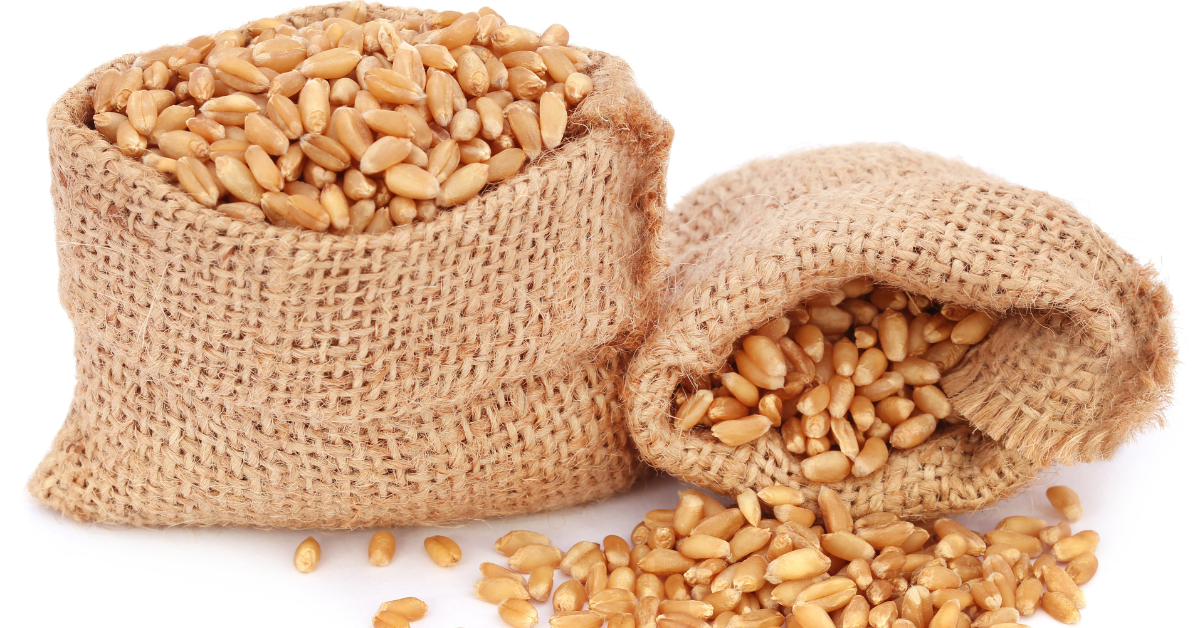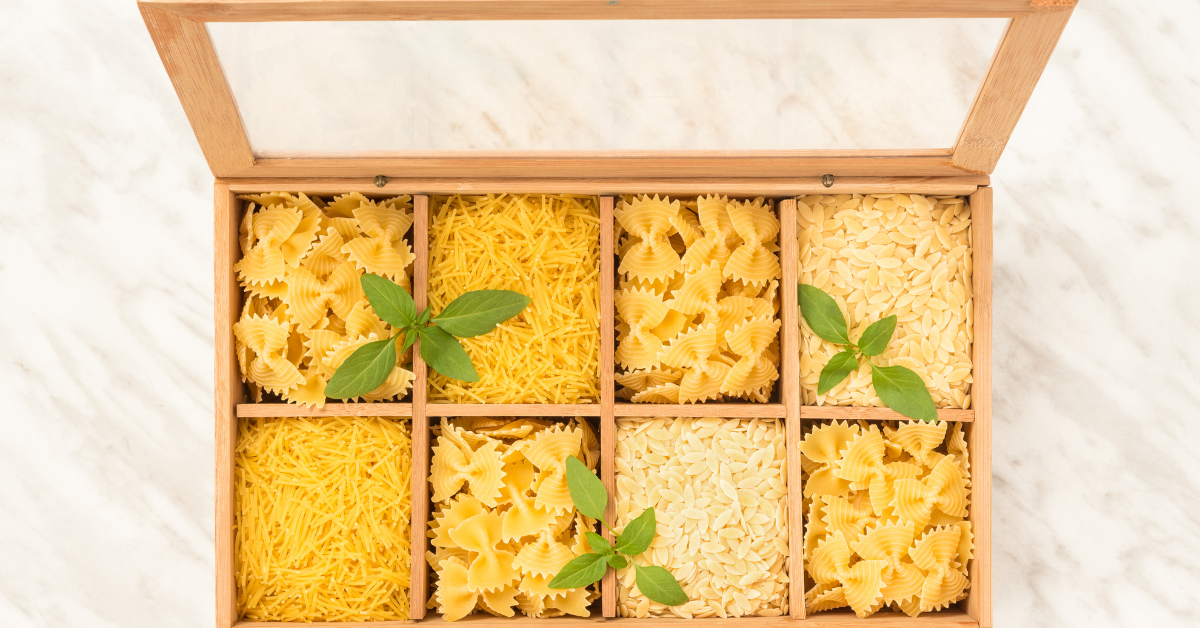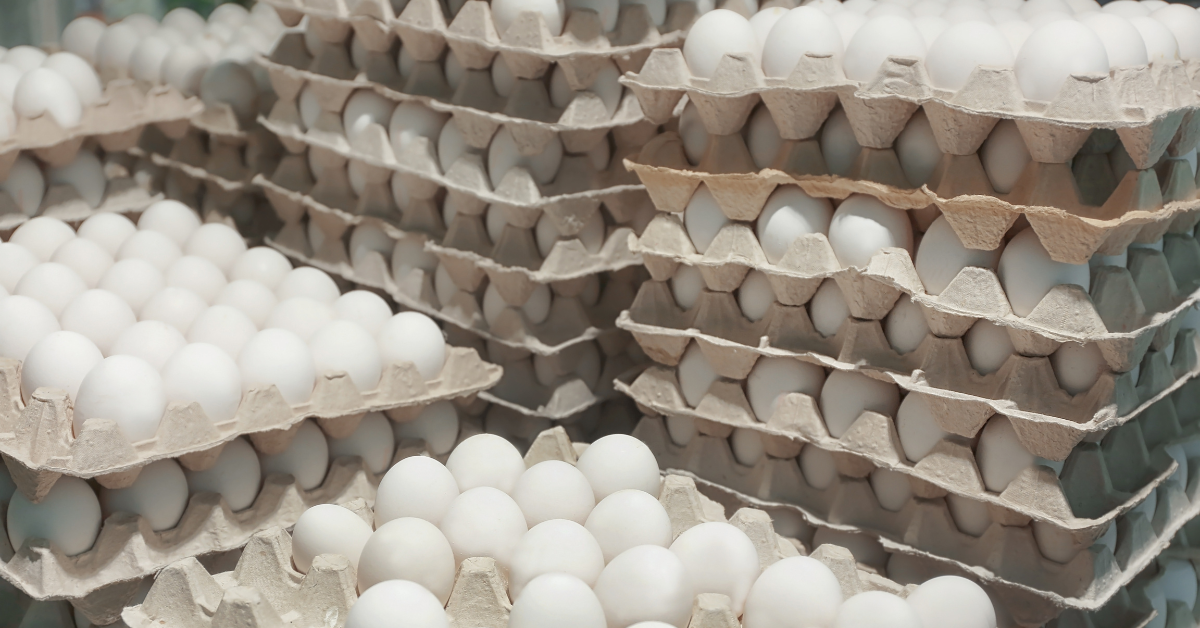In our technologically advanced world, we frequently turn to our computers, tablets, and smartphones for reading material. Prepping, which often demands quick access to crucial information, has adapted to this digital landscape. But where does this plethora of prepper content originate?
Undoubtedly, from prepper books. And where would we revert to when technology fails, perhaps due to a power grid failure from an EMP or natural disaster? You guessed it—prepping booksagain.
[product_render product-handle="175-servings-long-term-food-kit"]
If you are seeking some of the best prepper books to enhance your survivalist library, you're in the right place. Below we delve into why books, especially prepping books, are so vital and suggest some of the top survivalist books to acquire.
Why Prepper Books are Essential Survival Tools
An English philosopher namedFrancis Bacon is best known for popularizing the scientific method—a theory that argues that the world is best understood by gathering and analyzing data from experiments and observations, rather than anecdotal and logic-based arguments. In doing so, Bacon became famous for one of his most well-known quotes: “Knowledge is power.”
Since then (and well before then, for that matter), philosophers, scientists, and experts of all kinds have continued to collect knowledge and distill it into books with the hope that those who read them can use thatknowledge (power) to, not only learn, but use new knowledge to remain more in control of the world around them.
Prepper books are perfect examples of this. They are collections of important knowledge, garnered from experiences, scientifically examining the world. They aim to share knowledge and teach skills so that you, the reader, can remain more in control.
The Top Survivalist Books to Include in Your Prepper Library

Don’t worry; you don’t need to dedicate an entire room to create a library (unless you want to, of course). Instead, you can collect specific prepper books related to helpful topics that can teach you something new, both now, and well after the lights go out. (Just make sure to have backup lighting accounted for in yoursurvival planning.)
Foraging, Growing, and Preserving Food
Edible Wild Plants: A North American Field Guide to over 200 Natural Foods
-
Written by: Thomas Elias and Peter Dykeman
- Important because: In their book, Elias and Dykeman discuss more than 200 edible plants across North America species. Each entry includes valuable information, such as images, habitat, physical properties, harvesting and preparation tips, and poisonous lookalikes.
How to Grow More Vegetables (and Fruits, Nuts, Berries, Grains, And Other Crops) Than You Ever Thought Possible on Less Land with Less Water Than You Can Imagine
-
Written by: John Jeavons
- Important because: Jeavons’ book continues to be one of the world's leading sources for backyard gardeners and ecosystems. In this edited and updated version, Jeavons demonstrates how sustainable growing methods on a small but intensive scale can yield more food than you ever thought possible.
All New Square Foot Gardening
-
Written by: Mel Bartholomew and the Square Foot Gardening Foundation
- Important because: Bartholomew first introduced their revolutionary gardening ideas in 1981. Since then, the updated and edited versions of Batholomew’s original work continue to be best-selling books. They teach you how to maximize your space to grow produce more efficiently, one square foot at a time. The book includes planting charts, growing tips, illustrations, and much more.
Preserving Everything: Can, Culture, Pickle, Freeze, Ferment, Dehydrate, Salt, Smoke, and Store Fruits, Vegetables, Meat, Milk, and More
-
Written by: Leda Meredith
- Important because: This is the ultimate guide for preserving food. In her book, Meredith explains every preservation technique imaginable. It’s the perfect guide for food-prepping beginners and seasoned veterans alike.
Root Cellaring: Natural Cold Storage of Fruits and Vegetables
-
Written by: Mike Bubel and Nancy Bubel
- Important because: In their book, the Bubels explain how to preserve your backyard harvest, or any food for that matter, without spending thousands of hours canning. To do so, they deeply dive into one of the oldest food preservation techniques known to humankind—root cellaring. And we’re big fans of making your ownDIY root cellar.
Bushcraft Survival Skills

Bushcraft 101: A Field Guide to the Art of Wilderness Survival
-
Written by: Dave Canterbury
- Important because: Canterbury is a survivalist expert with a lot of knowledge. In his book, he will teach you about the Five C’s of survivability, amongst other topics, such as manufacturing tools and supplies, collecting and cooking food, and protecting yourself from the elements.
The Essential Skills of Wilderness Survival: A Guide to Shelter, Water, Fire, Food Navigation, and Survival Kits
-
Written by: Jason Knight
- Important because: If you are wondering how to stay alive outdoors, you need to read this book. With Knight’s book, you can learn how to build shelters, find and purify water, start campfires, forage for wild foods, navigate without a map and compass, and create survival kits to be prepared for any emergency.
98.6 Degrees: The Art of Keeping Your Ass Alive
-
Written by: Cody Lundin
- Important because: Lundin is one of the industry's leading experts in Aboriginal Living Skills. This book attacks the topic of survival by focusing on maintaining a body core temperature of 98.6 degrees, and teaches you valuable survival skills for the backyard, backcountry, or highway.
First Aid
The Survival Medicine Handbook: The Essential Guide For When Medical Help is NOT On the Way
-
Written by: Joseph Alton, MD, and Amy Alton, ARNP
- Important because: Joseph and Amy Alton are premiere medical preparedness professionals. This book contains all the details for those who want to be medically prepared when hospitals, doctors, urgent cares, and other medical professionals are indisposed during a disaster.
Where There Is No Doctor
-
Written by: David Werner, Carol Thuman, and Jane Maxwell
- Important because: This manual written by Werner, Thuman, and Maxwell outlines practical and easily understood information for how to diagnose, treat, and prevent common diseases when there is no doctor to help.
Where There Is No Dentist
-
Written by: Murray Dickson
-
Important because: In his book, Dickson provides careful instructions for examining teeth, diagnosing problems, making and using dental equipment, using local anesthetics, placing fillings, and removing teeth when there is no dentist to help.
A Book for Midwives: Care for Pregnancy, Birth, and Women’s Health
-
Written by: Susan Klein, Suellen Miller, and Fiona Thomson
-
Important because: A baby may be born in the aftermath of a disaster. This book covers safe labors and births; preventing, managing, and treating obstetric emergencies; breastfeeding; managing the health of new babies; and so much more.
The Complete Medicinal Herbal
-
Written by: Penelope Ody
- Important because: Herbs are not just used for cooking. They can be used for their medicinal properties also. In this illustrated profiling of over 120 herbs, Ody discusses home remedies and how to administer herbal treatments for various disorders, from the common cold to more severe problems, such as stomach ulcers.
Books for Homesteading and Self-Sufficient Living
The Encyclopedia of Country Living
- Written by: Carla Emery
- Important because: It’s a wonder Emery wrote this book all by herself, considering how comprehensive it is. This is the best-selling resource for creating a homestead for every type of reader—urban farmers, preppers, survivalists, and anyone wanting to live a simpler, greener life. This 40th-anniversary edition includes updated information on fundamental topics like raising animals, beekeeping, food preservation, gardening, and much more.
The Self-Sufficient Life and How to Live It
-
Written by: John Seymour
- Important because: In his best-selling book, Seymour includes step-by-step guidelines for various homesteading topics such as harnessing solar power, growing fruits and vegetables, chopping trees, preserving your harvest, baking bread, brewing beer, and making cheese—all to help you live a more self-sufficient life.
The Resilient Farm and Homestead: An Innovative Permaculture and Whole Systems Design Approach
-
Written by: Ben Falk
- Important because: Falk is not only focused on his readers being able to survive; he wants them to thrive. His book gives you detailed information on gravity-fed water systems, fuelwood production and processing, species composition, site design and management, ecosystem services, tools and equipment guides, and much more. We especially like this book for the included homestead vulnerability checklist and resiliency aptitude quiz.
Self-Defense
Survive the Unthinkable: A Total Guide to Women’s Self-Protection
-
Written by: Tim Larkin
- Important because: In Larkin’s book, he guides women into feeling empowered about how to self-protect, rather than self-defend. He discusses how predators think and teaches women how to spot them, outsmart them, and stop them in their tracks, despite often being physically smaller. To do so, Larkin leans on the proven principles of Target Focus Training, so that his readers may live more peaceful lives.
100 Deadly Skills: The SEAL Operative’s Guide to Eluding Pursuers, Evading Capture, and Surviving Any Dangerous Situation
-
Written by: Clint Emerson
- Important: In today’s world, threats to your personal safety could be anywhere. Potentially life-threatening situations may arise at any time. That’s why Emerson, an ex-Navy SEAL Operative, wrote his book 100 Deadly Skillsto teach readers about self-defense skills, evasion tactics, and immobilizing maneuvers. Emerson does it all using low-tech or no-tech methods.
The Gift of Fear and Other Survival Signals that Protect Us From Violence
-
Written by: Gavin De Becker
- Important because: De Becker has built a career helping people predict violent behavior and protect themselves from it. The knowledge that was once only available to his private clients is now available to everyone in his books. De Becker covers the violent situations people typically face, such as street violence and domestic abuse, and how to use your institutions to protect yourself.
Hunting, Fishing, and Trapping

Basic Fishing: A Beginner’s Guide
-
Written by: Wade Bourne
- Important because: If you are new to fishing and don’t know how to start, read this book. With Bourne’s book, you will learn about different equipment; selecting bait, lures, and tackle; locating good fishing spots; cleaning and cooking fish; and fishing safety. Did we mention you will learn how to catch a fish as well?
Basic Butchering of Livestock and Game: Beef, Veal, Pork, Lamb, Poultry, Rabbit, Venison
-
Written by: John J. Mettler Jr. DVM
- Important because: This book shares Mettler's knowledge as a veterinarian and butcher to teach its audience about the art of butchering. It provides easy-to-follow instructions for slaughtering and butchering beef, venison, pork, lamb, poultry, and small game. Plus, it will teach you some techniques for salting, smoking, and curing your meat.
The Trapper’s Bible: The Most Complete Guide to Trapping and Hunting Tips Ever
- Edited by: Eustace Hazard Livingston
Important because: In a survival situation, you may need to rely on trapping. WithThe Trapper’s Bible, you can access a collection of tips and tricks shared directly by the United States’ best trappers. This book includes hundreds of descriptions and illustrations for various traps, including information about animal behaviors, tracks, and signs.
Wrapping Up: The Power of the Best Books for Preppers
Books, and the knowledge contained within them, are power. With power, you can become more prepared for the unexpected, remain self-reliant, and survive longer.
Many prepper books mentioned above are available in physical and digital formats (audiobooks included). We recommend enjoying the books in whatever form you learn from best, but having a physical copy is critical if you lose power. However you take in the information, remember—when it’s time to put your new skills and knowledge to the test, you will want them thoroughly downloaded into your brain, and not just your tablet device.
Don't delay—grab a survivalist book today and commence your learning journey! You won't regret it.
If you are ready to pick up more freeze-dried ordehydrated emergency food or want to learn about moreproductive hobbies besides reading books, head over to our website. OurPractical Prepper Blog has tons of helpful information. And, of course, if you have any questions about our products, don’t hesitate to reach out to one of our product experts.



